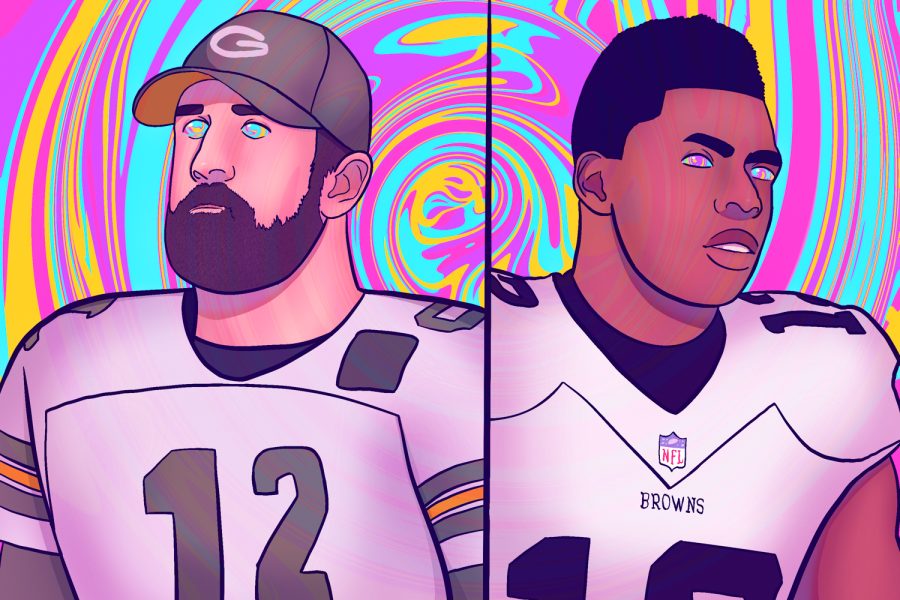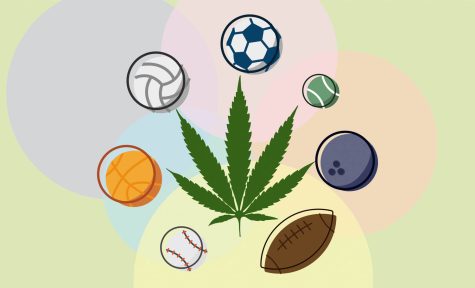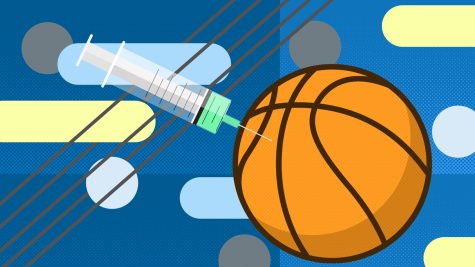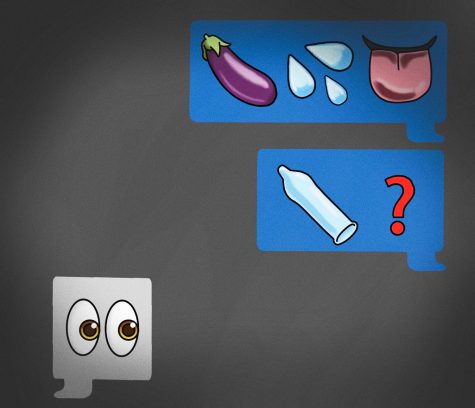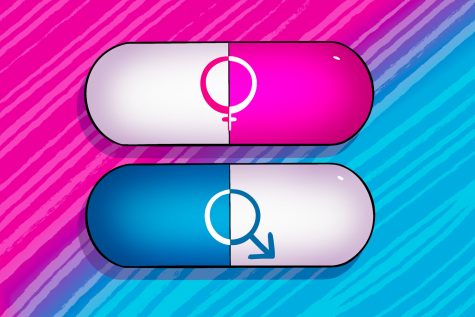The NFL has a drug problem
League in desperate need of intervention
Aaron Rodgers and Josh Gordon used illegal drugs and only one was kicked out for it.
November 17, 2022
At this point in his career, Josh Gordon is mostly known for his usage of illegal drugs. He was essentially booted from the league for his drug usage and now the same league stands idly by while one of their biggest stars does the same thing.
Before we get to that, some backstory. Gordon is the only wide receiver in NFL history to record 200 or more yards in back-to-back regular season games. He did it in 2013 with the Cleveland Browns, catching passes from multiple quarterbacks, both of whom were backups.
He finished the 2013 season by being named to the First Team All-Pro, putting him among the best players in football that year. All around, he had a fantastic first two seasons.
You would think that more than a decade later, Gordon would have had a very successful career. The talent is there and he’s the exact type of receiver that should have thrived in the 2010s. However, off-the-field issues kept him from playing a full season ever again.
You see, Josh Gordon has been suspended six times and has missed a ton of games outside of suspensions as well. He missed all of the 2015, 2016 and 2020 seasons. He has played more than 10 games in a season only twice and in eight non-suspended seasons since his 1646-yard All-Pro season, he has had less than that many yards total.
All of these suspensions come from the NFL’s substance abuse policy. Gordon has had issues with drugs for years, with his substance issues stretching back to middle school. He has been suspended because of his use of both cannabis and harder drugs.
I am not here to argue that he should not have been reprimanded for the harder drugs he has done. Whatever addictions he struggles with, be it cocaine, benzos or both, he needs help.
I am, however, here to argue against cannabis suspensions. Cannabis is not nearly the same as other substance abuse suspensions, but the NFL treats them the same. It is not an addictive drug and does not have anything close to the ill effects that harder drugs have.
When the league suspends a player for cannabis, they threaten their livelihood and their career. It’s not hard to see how Gordon, already an addict, fell back into harder drugs when the league suspended him for an entire season.
Gordon and other players suspended for cannabis are victims of injustice. As the world moves toward acceptance of cannabis, the NFL digs in its heels and continues to punish its usage. Cannabis has been proven scientifically to have no athletic benefits, according to the Clinical Journal of Sports Medicine. Suspending players for it is almost entirely baseless.
The only real argument in favor of the NFL is that cannabis is illegal on a federal level, with the DEA considering it a Schedule I substance. It makes sense that the league would not want players doing illegal drugs. This argument would be fine if it were not for one Aaron Rodgers.
Aaron Rodgers has won back-to-back MVP awards, even as he has been laden with much controversy over lying about his vaccination status. In what should be the twilight of his career he has been putting up some of his best seasons ever and he credits an unusual aid.
Rodgers claims his use of something called ayahuasca helped him to have a late-career renaissance.
Rodgers also claims it is not a drug.
“Ayahuasca is not a drug. It has properties in it that have hallucinogenic abilities,” Rodgers said on The Pat McAfee Show. “But it’s not a drug. We’re talking about plants here.”
He is lying.
A psychedelic drug, DMT is a Schedule I substance just like cannabis. It being a plant changes nothing and is almost ironic considering that cannabis is also a plant. Ayahuasca is a brewed beverage, but coming in an unusual form does not make it not a drug.
It serves a primarily religious function in several indigenous cultures in the Amazon basin and has only relatively recently become a recreational drug in the U.S.
When asked if Rodgers would be punished for his illegal drug usage, the league stated that because it would not come up on the drug tests he would not be punished. Somehow, despite being illegal, ayahuasca has not made it onto the list of banned drugs in the NFL.
I do not think Rodgers deserves to be suspended for his psychedelic usage. It does not seem to be truly performance-enhancing, especially considering his play this year. However, the inconsistency shown by the NFL in their drug policies is absurd and is clearly not based on any facts.
The Gordon and Rodgers stories were not so different at the start. When Gordon did cannabis, he was doing nothing any more illegal than when Rodgers drank his ayahuasca. The difference came in the league reaction, where one was punished and the other overlooked.
The league clearly has no issues ignoring some illegal drugs. Moving forward, they need to remove the marijuana suspension rules to prevent this kind of thing from happening again.
Josh Gordon should have had his decade of dominance, or at least he should have been given a chance at it. It is embarrassing for the league to have this kind of career-ruining inconsistency in the rules.
If the NFL wants to keep up with the other major leagues, change is needed and fast. If it does come, it is just a shame it will have come too late to prevent what happened to Josh Gordon.

